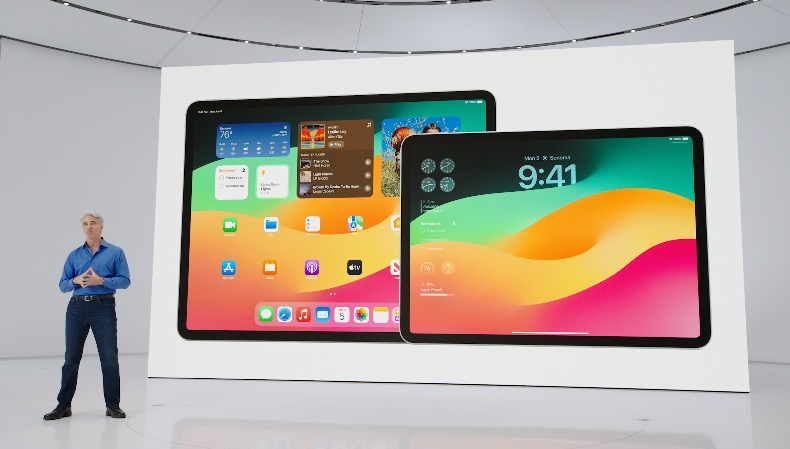
Twitter to Ban All Political Advertising Starting November 22
While Facebook seems content on taking a hands-off approach with respect to political ads, Twitter has decided to stop running them on its platform.

Twitter CEO Jack Dorsey said Wednesday in a series of tweets that the tech giant will no longer accept political or advocacy advertising of any kind on its platform.
We’ve made the decision to stop all political advertising on Twitter globally. We believe political message reach should be earned, not bought. Why? A few reasons…?
— jack ??? (@jack) October 30, 2019
Dorsey said Twitter acknowledges that a tech platform’s unique ability to distribute ads in a highly targeted manner, and with easily tested and customizable messaging, is different from the advertising opportunity on broadcast TV — where networks are required by law to run ads from all political candidates, regardless of their factual accuracy.
Twitter will publish the final policy on November 15, but in the meantime, it will notify advertisers that only ads that are in support of voter registration will be allowed. Dorsey thinks this course of action isn’t likely to favour incumbents. He notes that “we have witnessed many social movements reach massive scale without any political advertising.”
“We believe political message reach should be earned, not bought,” wrote Dorsey. “A political message earns reach when people decide to follow an account or retweet. Paying for reach removes that decision, forcing highly optimized and targeted political messages on people.”
Twitter’s decision has elicited comparisons with how Facebook, and its CEO Mark Zuckerberg, has handled intense scrutiny over its practices regarding political advertisements.
Zuckerberg admitted in Congress last week that Facebook would not fact-check political advertising on its platform. The response attracted widespread ire, even from the company’s own employees, who recently penned an open letter urging the company to more intensely scrutinize political advertising on the platform.
After backlash following evidence of foreign intervention in the 2016 US presidential election and Brexit, Twitter unveiled a number of policies aimed to prevent future misinformation campaigns from gaining traction on the platform. In May 2018, it began requiring US political campaigns to be certified and prove they weren’t using foreign funds in order to run ads.
Twitter also launched an Ad Transparency Center, where the public could view every political campaign ad and additional details like amount of ad spend, targeted demographic, and number of impressions. Earlier this year, it extended its transparent ads policy to Europe, India, and Australia ahead of key elections in those regions. Issue-based campaigns, such as immigration or climate change, also had to register with Twitter.

